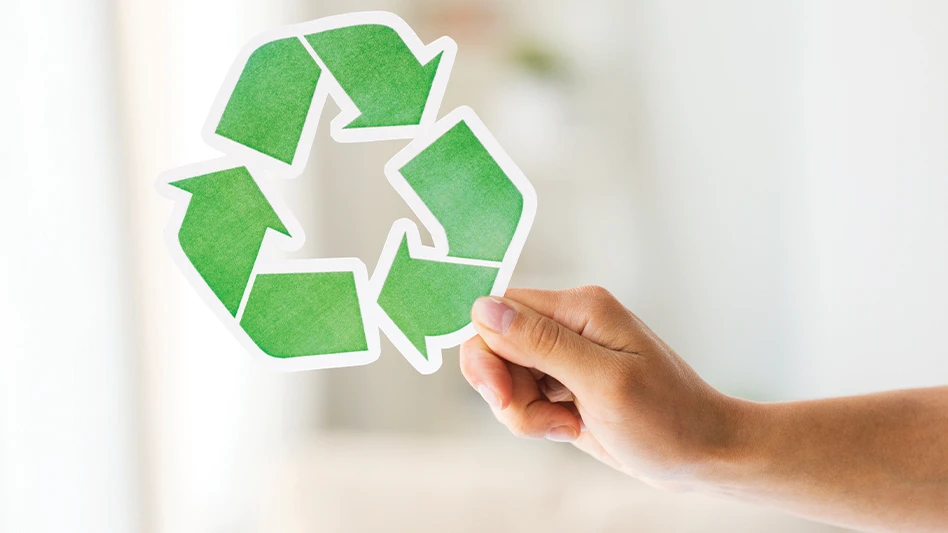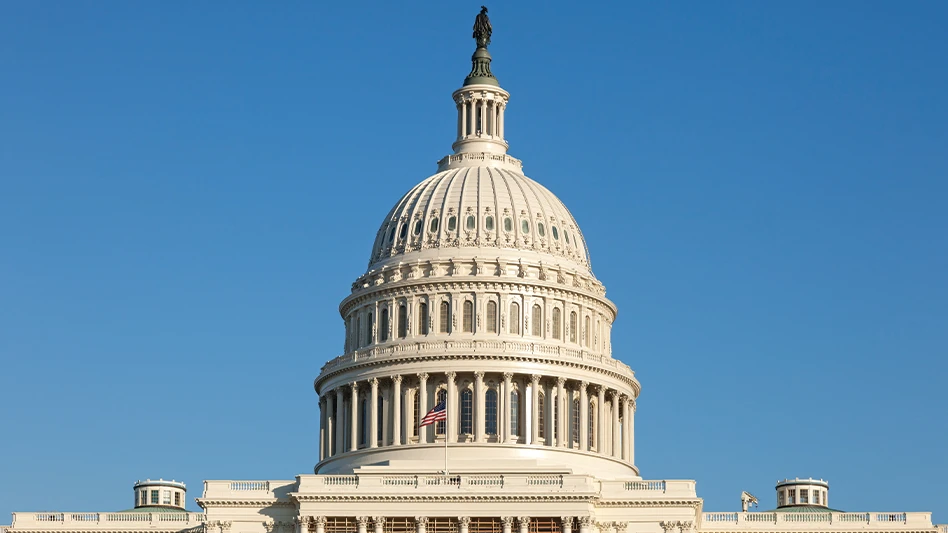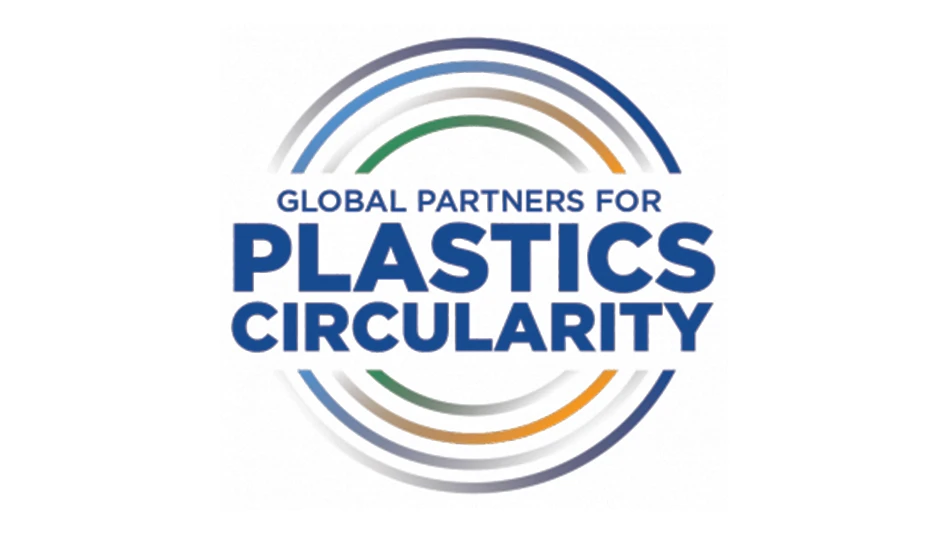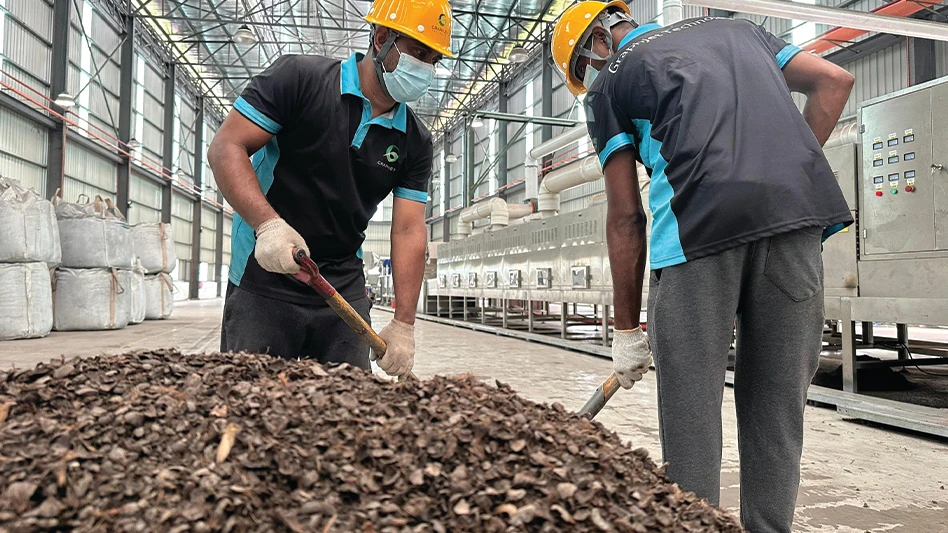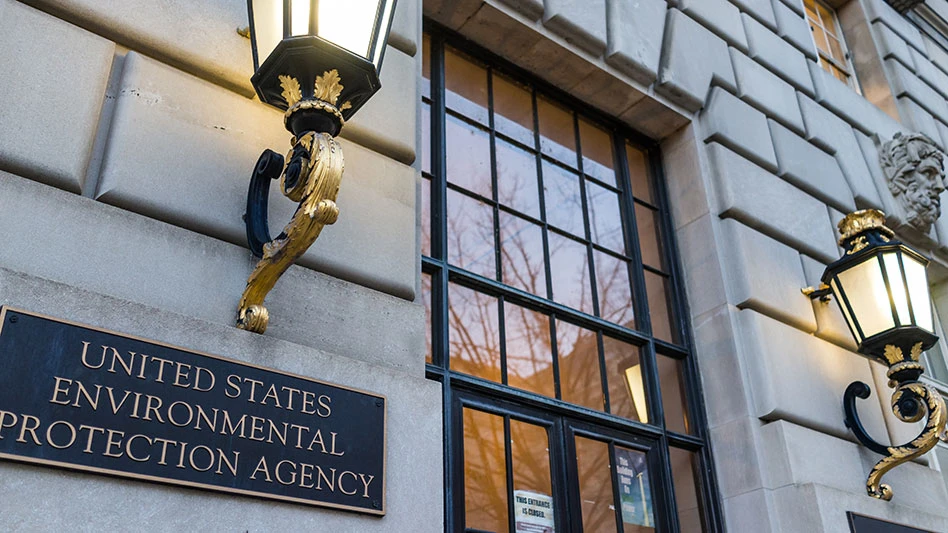
Kristina | stock.adobe.com
The U.S. Environmental Protection Agency (EPA) has announced almost $1.2 million in research funding to three California small businesses to develop and commercialize their environmental technologies. The funding comes through the agency’s Small Business Innovation Research (SBIR) grant program.
“California’s small businesses are leaders in creating innovative and practical zero waste solutions that have far-reaching benefits for communities,” EPA Pacific Southwest Regional Administrator Martha Guzman says. “These companies’ efforts to bring their technologies to market will advance the circular economy while reducing waste that ends up in a landfill and cutting greenhouse gas emissions.”
Each year, EPA issues an SBIR solicitation for technology proposals for targeted environmental topics. The SBIR program consists of two phases of funding. The companies received Phase I contracts of up to $100,000 for six months during the “proof of concept” of their proposed technologies. Now, for this Phase II announcement, companies are awarded up to $400,000 to further develop and commercialize their technologies.
This year’s SBIR Phase II award recipients in California are:
Hydrova Inc., Santa Ana, will receive $400,000 to develop a novel process to recover resources and produce hydrogen from secondary aluminum processing waste. The technology transforms traditionally landfilled wastes into valuable products that can be reused by the aluminum and cement industries.
“The EPA’s Phase II grant will support the commercialization of Hydrova’s DrossZero systems,” Hydrova Inc. CEO Julian Davis says. “By closing the loop in the aluminum industry, Hydrova is furthering the United States’ leadership in advanced recycling technologies.”
Kamilo Inc., San Francisco, will receive $399,989. The company is developing digital verification of the percentage of recycled content in individual products to advance plastic circularity. Kamilo’s patented geospatial technology tracks waste plastic. This project will expand the ability to calculate the percentage of recycled content in products and convey this information with a Kamilo “TrustMark” verification label supporting regulatory compliance and substantiating marketing claims.
“We are thrilled to be recognized by EPA for our innovative technologies and for the opportunity to make a real impact on U.S. recycling and plastic circularity,” Kamilo Inc. CEO Anna-Marie Cook says.
Zabble Inc., Walnut Creek, will receive $400,000 to further develop an artificial intelligence-based (AI) tagging platform for contamination monitoring audits to improve recycling and composting. The AI-powered platform enables jurisdictions to manage their lid flip or site visit programs end-to-end and measure the effectiveness of contamination reduction outreach campaigns.
“Our solution represents more than just streamlined, hassle-free operations; it embodies our commitment to turning AI from a buzzword into a tangible force that drives real progress for jurisdictions in California and beyond,” Zabble founder and CEO Nik Balachandran says. “With the invaluable support from the EPA, we’ve delved deep into the needs of waste and recycling managers, enabling them to create lasting impact—from reducing contamination systemwide to minimizing costs for taxpayers to lowering emissions for our planet.”
Latest from Recycling Today
- Speira commissions new furnace in Germany
- ABB report portrays paper sector circularity, emissions reduction
- RMDAS and Davis Index numbers portray stalled ferrous market
- Attero adds NGO veteran to its board
- AMCS launches the AMCS Platform Winter 2024
- Cirba Solutions celebrates construction milestone at Ohio plant
- Study outlines plan to transition US plastic packaging, textiles to circular systems by 2040
- WM releases 2024 recycling report
